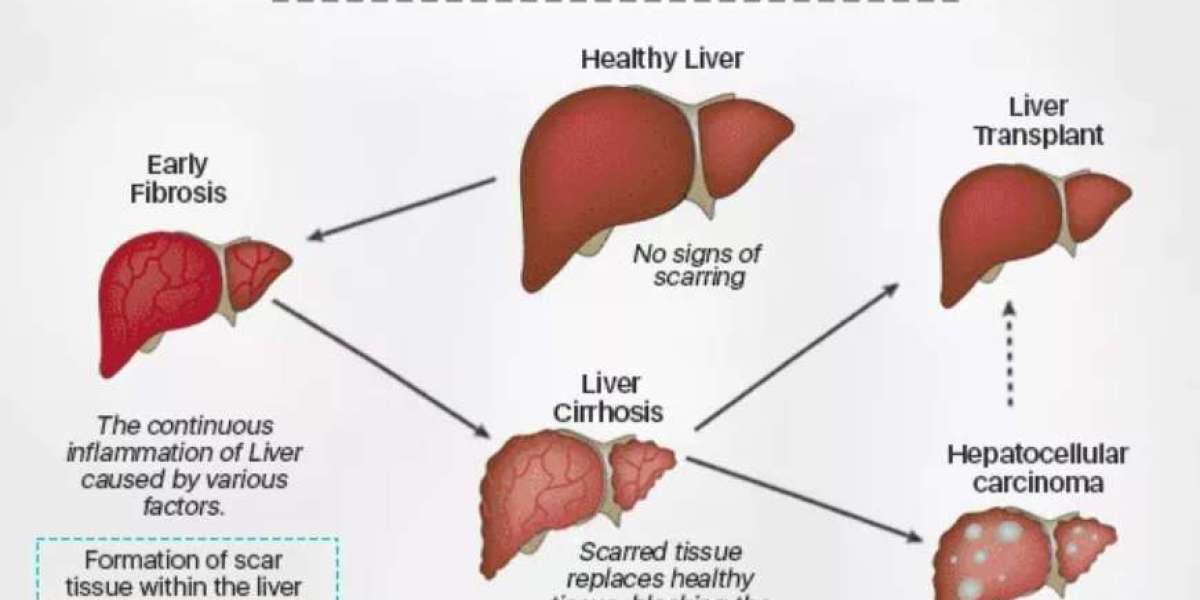Liver cancer, a formidable adversary in the realm of oncology, demands innovative treatments. Dendritic cell therapy emerges as a promising avenue, holding potential across various types of liver cancer. In this article, we delve into the intricacies of dendritic cell therapy and explore the types of liver cancer.
Understanding Dendritic Cell Therapy:
Dendritic cell therapy represents a groundbreaking approach to cancer treatment, leveraging the body's immune system to combat cancer cells. Dendritic cells, integral components of the immune system, play a pivotal role in presenting antigens to other immune cells, thus triggering an immune response against specific targets, including cancer cells.
Types of Liver Cancer:
Hepatocellular Carcinoma (HCC):
- HCC is the most common type of primary liver cancer, originating in hepatocytes. Factors such as chronic hepatitis B or C infections, cirrhosis, and alcohol-related liver disease contribute to its development.
Intrahepatic Cholangiocarcinoma:
- This cancer arises in the bile ducts within the liver. While less common than HCC, intrahepatic cholangiocarcinoma poses significant challenges due to its location and potential for late-stage diagnosis.
Hepatoblastoma:
- Primarily affecting children, hepatoblastoma is a rare form of liver cancer. Genetic predispositions and certain birth defects may increase the risk of its development.
Fibrolamellar Carcinoma:
- This variant of liver cancer is characterized by distinct features, often occurring in younger individuals without underlying liver disease. Fibrolamellar carcinoma has a more favorable prognosis compared to other forms of liver cancer.
Dendritic Cell Therapy in Liver Cancer Treatment:
Dendritic cell therapy involves isolating a patient's dendritic cells, loading them with cancer-specific antigens, and reintroducing them into the body. This process stimulates a targeted immune response against cancer cells. In the context of liver cancer, dendritic cell therapy holds promise in enhancing the body's ability to recognize and eliminate malignant cells, providing a personalized and potentially effective treatment approach.
Advantages of Dendritic Cell Therapy:
Precision Targeting:
- Dendritic cell therapy's ability to specifically target cancer cells minimizes damage to healthy tissues, reducing side effects associated with traditional treatments.
Immunological Memory:
- The therapy's capacity to induce immunological memory means the immune system can retain information about cancer cells, providing a sustained defense against recurrence.
Combating Tumor Heterogeneity:
- Dendritic cell therapy's adaptability allows it to address the heterogeneity of liver cancer, targeting diverse cancer cell populations within the liver.
Challenges and Future Directions:
While dendritic cell therapy shows promise, challenges such as optimizing protocols, ensuring consistent immune responses, and addressing individual variations in patient outcomes remain. Ongoing research aims to refine the therapy's efficacy and broaden its applicability across different types and stages of liver cancer.
Conclusion:
In the dynamic landscape of liver cancer treatment, dendritic cell therapy emerges as a beacon of hope. Its potential to harness the body's immune system against various types of liver cancer signifies a paradigm shift in personalized medicine. As we navigate the complexities of hepatocellular carcinoma, intrahepatic cholangiocarcinoma, hepatoblastoma, and fibrolamellar carcinoma, dendritic cell therapy stands at the forefront, promising a more targeted and effective approach to combating this formidable disease. The future holds the key to unlocking further advancements in liver cancer treatment, driven by the relentless pursuit of innovative and personalized therapeutic strategies.



